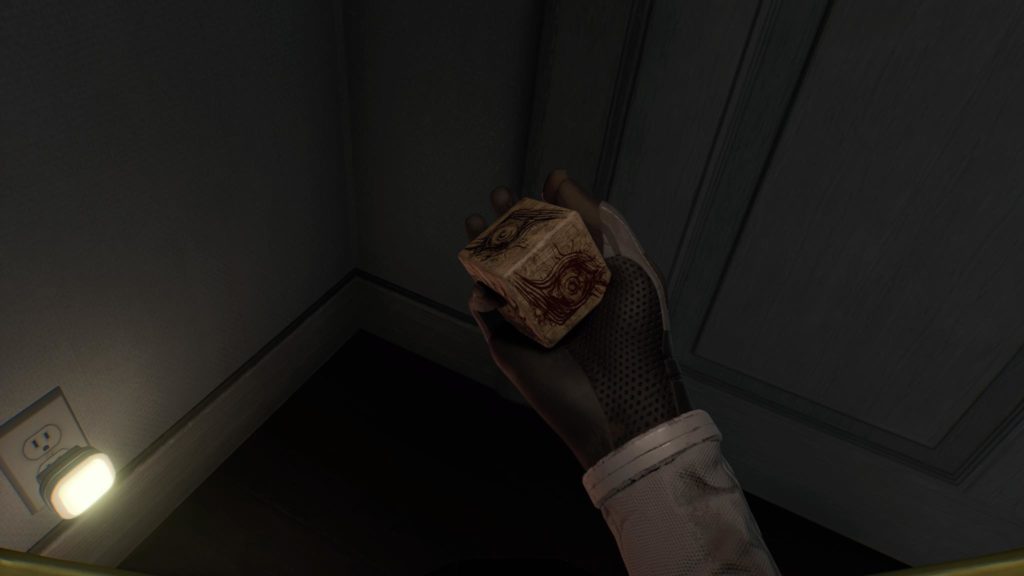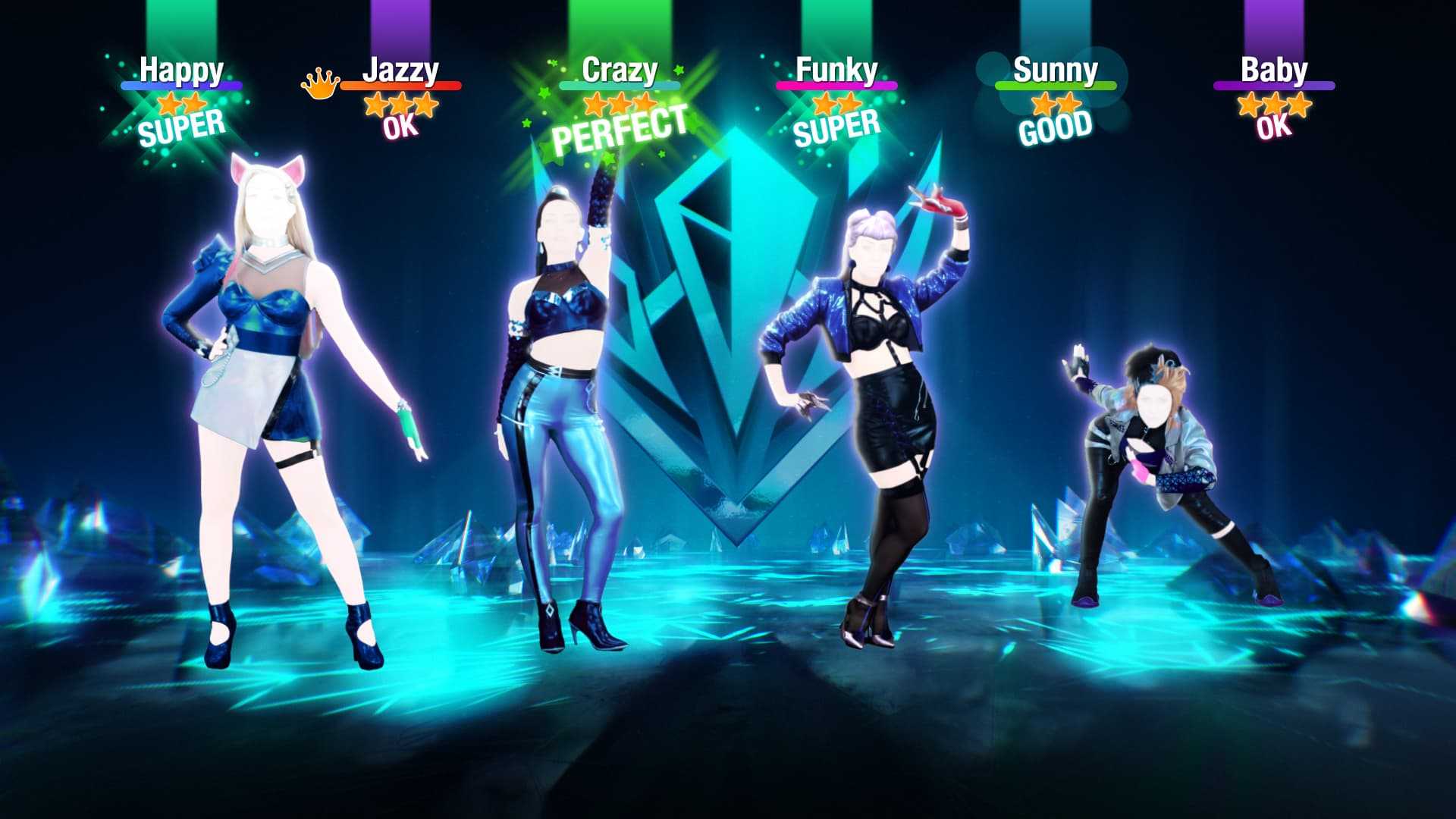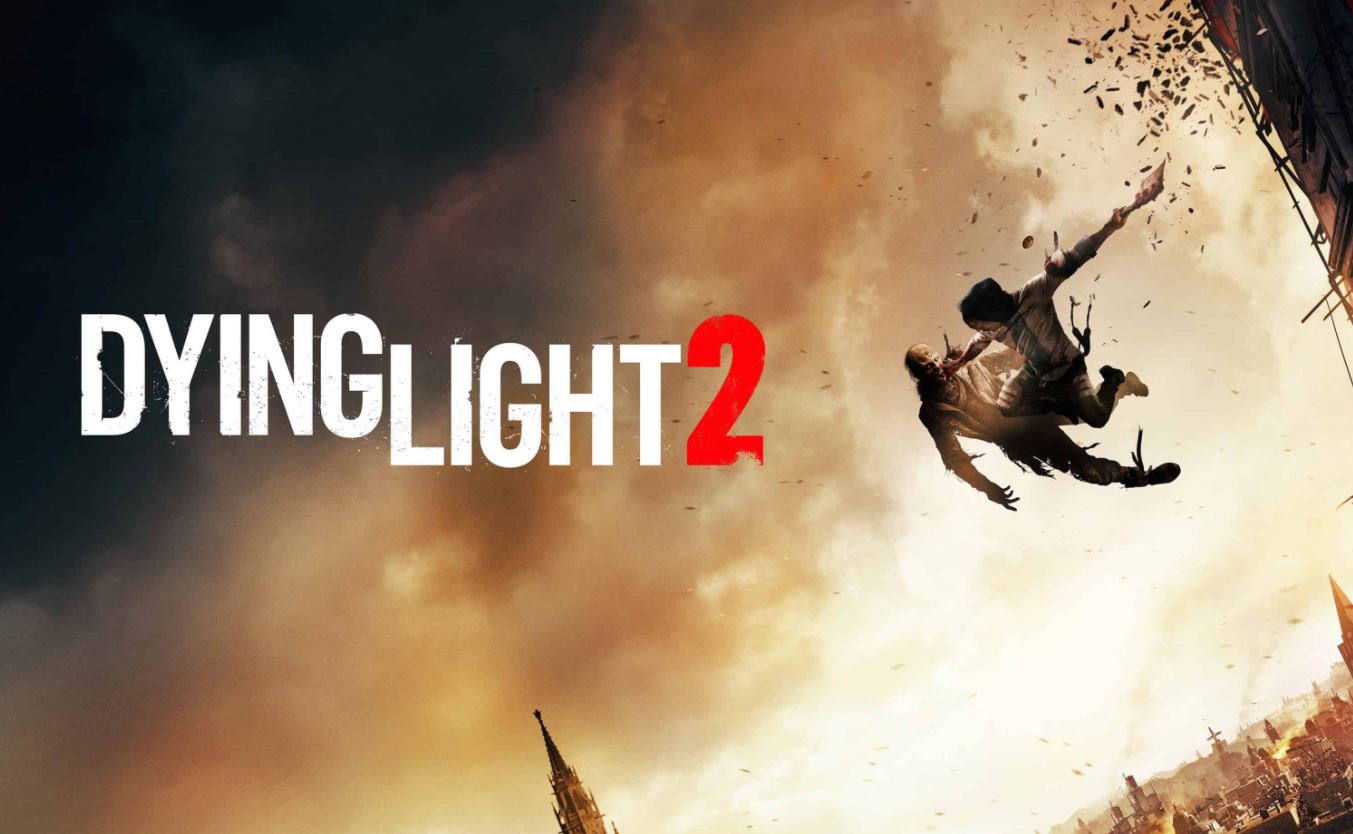Review: Returnal — The first true must-play next-gen experience
How do you describe Returnal in twenty words or less? Say “roguelite bullet hell shooter” and you’ll probably get a lot confused looks. I would say, “deep-space mystery where a lone woman relives a really bad day over and over again”. I said “relive”, but I really meant endlessly dying after fighting Lovecraftian-inspired monsters, which is a more accurate description.
Entering the world of Returnal puts us in the shoes of Selene, a deep-space science operative, who is marooned in the planet of Atropos investigating a mysterious signal called “White Shadow”. Strangely enough, she encounters audio logs of herself along with dead bodies that resemble her own. After dying for the first time, she wakes up once again on the same debris of her space shuttle Helios to re-do the whole cycle over and over again.
There is no romantic interest or groundhogs at the end of the tunnel–it is just you, Atropos, the monsters, and your wits to guide you in this challenging shooter that’s a little more difficult than Hades, but accessible enough that it doesn’t fall under the Souls-like category. Welcome to Returnal, and your mission is to break the cycle.
Putting the ‘hell’ in bullet hell
Immediately after booting up Returnal, you’re thrown into Atropos with no guide, save for a quick tutorial where the game teaches you how to walk, run, dash, fire your weapon, and die. Yes, dying is definitely a big part of the game, as the gameplay loop starts when you wake up at the crash site and ends when you die. The catch is, apart from a few key items, you lose all your progress–power-ups, gear, bonuses, loot. Everything.
Returnal, is all about managing risk and delaying gratification. How you use that knowledge is up to you. With the right amount of skill, you can actually use your default loadout to beat the game, yet a great deal many of us don’t have the same blessings as pro-streamers. The stronger you get, the more you actually give up something else, which is the beauty of the risk-based power-up system. There’s always a give or take, and most of the time, you’ll be doing so much of the giving.
After a while, Returnal gives back, and you’ll realize that the payoff is much better than you could have imagined.

Housemarque have made a name for themselves by serving up some of the best arcade-style bullet hell titles like Resogun, and at times, I feel I’m controlling an aircraft rather than Selene with the amount of dodging, jumping, and shooting that you do.
The lack of a lock-on button was a strange decision at first, but as I progressed, the more it made sense. Seeing the entire screen is the bare minimum of what you have to do because awareness of your surroundings is almost as important as firing your weapon.
It’s in decisions like these that really elevate the game to make it such a well-thought out and polished effort. Returnal, to an extent, demands precision, and the controls of the game are near perfect. Each movement is fast and accurate, and dashing around the battlefield is snappy and very responsive, allowing you to move freely as you dodge the incoming hail of bullets. Housemarque have found the perfect mixture of gameplay and difficulty, resulting in a feeling of satisfaction not often found in other similar titles.
The ‘lite’ in roguelite doesn’t mean easy
Playing Returnal feels daunting. Some deaths really feel unjustified, and some cycles bring about a weird sense of catharsis because you fluked out on something that would’ve killed you on your best run. That’s the beauty and madness of tackling a rogue-lite, it’s a weird sado-masochistic experience I’ll never fully understand.
Returnal removes the compulsion of “the grind” from the get-go and it encourages you to rely on your skill and your wits to progress. It’s the same “git gud” mentality, however it doesn’t make you rely on the loot grind to make you stronger. Even Hades after a while falls into this grind-trap (it’s actually fun though), but Returnal forces you to learn patterns and fix your habits.
If you do manage to get good, Returnal rewards you for that feat. Healing items will increase suit integrity even if you’re in full health as a reward for not getting hit. You build up adrenaline for every three hostiles dispatched, adding bonuses to your performance and salvage drops. When you learn how to time Overload (active reload) correctly, you can reduce your reload time, getting back into the action twice as fast. Finally, mastering the alt-fire component of your firearm will net you ways to defeat bosses and even bullet sponge enemy variants easily.
Once you complete a level, you keep some items and upgrades that will allow you to progress faster on your next run, as well as let you get to areas that were previously inaccessible, adding a Metroidvania aspect to the game. Daily Challenges are unlocked as well, where you compete in level runs within specific parameters for leaderboard rankings. It’s a pretty cool distraction, especially when you start to go full tilt with certain levels, which breaks up the single-minded direction of just moving the story forward.
Boss fights are quite the experience in Returnal. Sometimes, it’s difficult to appreciate a good boss fight in the heat of the battle with your adrenaline at its peak. However, a closer look shows how well-crafted and meticulously designed Housemarque has made each boss battle to be like a quicktime event that you have full control of. You weave your way through crazy bullet hell sequences and at some points, even platform on temporary blocks to face off against monstrosities while being serenaded by some blood-pumping synthwave—what’s not to love?
This frustrating game of give and take actually adds to the risk-reward gameplay that Returnal offers. While it is definitely challenging, it is a fair challenge that inspires players to swallow their pride, get up and try again. Just like Selene, you’re violently thrown into a world of confusion and duress, you’re shown enough to dodge and fire a gun, but to really know what the game has in store for you, effort is required. Be patient, you’ll get there, you just need to be prepared first, and unpreparedness gets punished until you get it.
A definitive next-gen experience
One thing I really like is how you’re thrust into the experience every time you boot the game. You’re presented with the Playstation Studios and the Housemarque logo and then you’re back at the crash site, ready for another go. The loading speed really makes a massive difference, as you’re into the cycle once again in a mere 15-20 seconds. Fast travel will take around five seconds of loading, and going from room to room has virtually zero loading time at all, a seamless transition to continually engage in sustained immersion.
Returnal shines visually, treating users to dynamic 4K and 60FPS that really highlights the bullet hell arcade style gameplay. There are some framerate dips during high particle instances, often times negligible, and it doesn’t happen over long stretches of time so as to break the flow of gameplay.
No longer just marketing buzzwords, Returnal utilizes haptic feedback to full effect in the game, and what a world of difference it makes. Depending on who you ask, the use of haptic feedback is either on par with or better than Astro’s Playroom, and you’ll actually feel it as early as the opening sequence. The pitter-patter of rain, picking up Obolites, firing your weapon… each action has feedback that doesn’t feel overused nor exaggerated, resulting in a fantastic experience. It will totally eat up your Dualsense battery life though, so get ready to charge your controller up.
The alt-fire feature uses the adaptive trigger of the controller, where you can half-press to aim and full-press to activate the option. There is a distinct “wall” to push through, and it will take a bit of getting used to, but the implementation is well done and will feel like second nature within a few minutes.
Sound design and the thematic score is the final aspect that fully immerses you into the Returnal experience. Every raindrop, every static effect, the hisses and moans of your enemies, the aural overload matched with the haptic feedback–you’re fully there especially when you experience it with 3D audio, where you can hear each bullet whizzing past by you.
Composer Bobby Krlic brings to life this synthetic score to create an alien sound that’s so electronic, it creates a feeling of isolation and dehumanization that Selene anguishes over in the endless cycles matched only by her interaction with the Severed alien race. Once I heard the song that inspired the score, it blew my mind how Krlic was able to camouflage the melody into such an inhuman state.
The story is where Returnal takes the cake. While it tackles procedurally generated areas in cycles, there is a linear narrative that you follow. Just when you think the game is predictable, it flips the game board and misdirects you into believing one thing. The twists in this game are refreshing and some surprises really throw in that wow factor.
The lore of the game is commendable, as the backdrop is just as interesting as the main quest. Picking up audio logs or bumping into random xenoglyph rooms opens up new codex pages. While in most games, I usually forego the codex pages, in Returnal these are the only few things you keep throughout your runs. So I love how even the codex pages are integrated for your full narrative experience.
There are scenes in Returnal where Selene moves into her first person perspective to explore some of her backstory as well as exploring more of the world’s lore through letters and other items in the area. It adds to the ongoing mystery of the main campaign, and finding out more and more about the secrets the planet is keeping. At the heart of this game is a personal trauma story, and having this feature is an excellent story telling device.
The biggest thing I have to applaud Housemarque for is how they’re able to sustain a compelling story when the only relatable character is Selene. She is not only your window to the whole experience, but she’s the only real human you will meet. Everyone else is too alien or out of this world to really grasp, and keeping the mystery alive really propels me as a player to complete the game to find out the how and why of Returnal.
This overall experience is part cosmic horror and part postmodern Greek tragedy, complete with the acts, the chorus, and the unrelenting dive, overcoming personal trauma and madness. The interplay with the narrative, the lore, and the immersion delivered by the PS5 embeds you into Returnal. You’ll want to find out what happens next, the mysteries of the planet, the secrets that Selene keeps, and each question motivates you towards the goal, no matter the challenge.
Mileage may vary, but when I defeated the final boss and saw the credits roll after around 30-ish hours of gameplay, I felt a monumental sense of relief. I felt that I can finally put the game down and get some much needed rest. However, I also felt the urge to return and run through the first game again. I noticed a significant difference in my skill versus when I started. Before I knew it, I was doing one to two hour runs without dying, and finding new secrets that I haven’t seen in the other levels. I started to see Atropos in a new light: like a misunderstood stranger becoming a new friend, a difficult task now a routine run, and a once hostile planet now a new home. My cycle continues, and I wonder what new horrors and delights await me.
What we liked:
- A true next-gen experience that delivers near-perfect immersion using its 3D sound, Dualsense controls, and seamless transitions.
- Fast-paced bullet hell action mixed with a perfectly balanced roguelite challenge
- A dynamic and mysterious world of Atropos that parallels Selene’s mysterious backstory
- Mind-blowing boss battles and an evolving narrative that keeps flipping itself with well-timed misdirection.
What we didn’t like:
- Unreliable camera at times that could confuse during times where platforming and bullet hell are combined.
- The game’s challenges can feel daunting at the beginning, it asks so much from you before it gets good.
- You will need a PS5 to experience this game, which has proven to be very elusive.
Verdict: Editor’s Choice

The real achievement of Returnal is in its seamless immersion to bind you into its unforgiving world. To suspend your disbelief and let the game take you by the hand, and then drop you into the pits of hell that is Atropos. Every aspect of the PlayStation 5 conspires to give you that experience – from its 3D audio, to the SSD with almost instant loading times, and even to the interplay of the haptics and adaptive triggers to give you the sensations that Selene feels, falling short of physical pain. Finally, the bullet hell roguelite punishment gives you a taste of the sense of dread and mental anguish that Selene endures as she’s trapped in her eternal prison– all packaged in this superb gameplay experience.
Returnal rewards you for your patience, as the first act really sets you up in its narrative, in its gameplay style, and its environment, to guide you in its mesmerizing world that’s part postmodern Greek tragedy and part cosmic horror.
Returnal is the first true next-gen game for the PlayStation 5, and if you really want to see what the console can do, this should top your list of must-buy games for the system. We finally have a game that actualizes all of those marketing buzzwords you’ve been hearing of until now and executes it to masterful levels. On top of that, the very few highs in this game are so memorable that you’ll be willing to be punished time and time again.
For a relatively “unknown” studio to produce such a game is a good sign of what experiences we can look forward to for this generation. Returnal is your gift from Housemarque: perfectly balanced catharsis earned through patient effort.
*Returnal was reviewed on a PlayStation 5 via a review code provided by the publisher.







